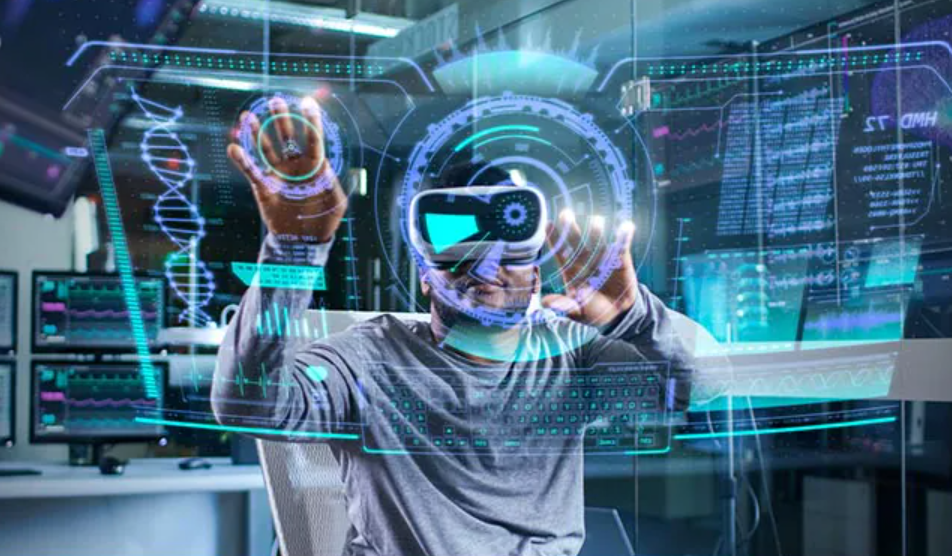Introduction
In a groundbreaking development, Neuralink, the brain-chip firm founded by Elon Musk, has announced that it has received approval from the US Food and Drugs Administration (FDA) to conduct its first human tests. This approval marks a significant milestone in Neuralink’s mission to connect the human brain with computers, with the goal of restoring vision, and mobility, and enhancing human-computer interactions. This blog will delve into the exciting potential of Neuralink’s technology, its implications for medical advancements, and the challenges that lie ahead.
Understanding Neuralink
Neuralink aims to revolutionize healthcare by utilizing advanced microchips to treat various conditions such as paralysis and blindness.Microchips, designed to interpret brain signals and transmit information to external devices via Bluetooth, underwent successful testing in monkeys. By seamlessly merging technology with neural pathways, Neuralink envisions a future where individuals with disabilities can regain mobility and independence while enabling more direct and efficient interaction between humans and computers.
The Journey to FDA Approval
Neuralink faced challenges obtaining FDA approval, with a previous application rejected on safety grounds. Thorough testing and ethical concerns were addressed. The recent approval signifies a crucial step forward for Neuralink, although the company has indicated that it does not yet have immediate plans to begin recruiting participants for human trials.
The Potential Impact on Healthcare
Neuralink’s technology holds immense promise for transforming the landscape of healthcare. Individuals affected by paralysis or blindness may experience life-changing improvements in mobility, sensory perception, and overall quality of life. By bridging the gap between the human brain and external devices, Neuralink’s microchips could enable people with disabilities to control assistive technologies with their thoughts, thereby enhancing their independence and autonomy.
Moreover, Neuralink’s advancements have implications beyond medical applications. Elon Musk has previously suggested that the technology could address concerns about the potential displacement of humans by artificial intelligence (AI). By augmenting human cognitive abilities, Neuralink’s brain implants could enable humans to keep pace with rapidly evolving AI technologies, creating a future where humans and machines can collaborate more seamlessly and effectively.
Technical and Ethical Challenges
Neuralink’s technology has exciting prospects but raises significant technical and ethical challenges. Extensive testing is necessary to ensure the safety, reliability, and long-term viability of the implanted microchips. The risks associated with brain surgery and the long-term effects of brain-computer interfaces need to be carefully evaluated before implementing them. It is also crucial to consider the ethical implications of such technology, including privacy, data security, and consent-related issues, to mitigate any potential risks.
Conclusion
Neuralink’s FDA approval for human testing represents a major leap forward in the realm of brain-computer interfaces. The prospect of restoring mobility and sensory perception to individuals with disabilities is an extraordinary advancement in healthcare. However, it is essential to approach this technology with caution, recognizing the need for rigorous testing, robust safety measures, and careful consideration of ethical implications. As Neuralink progresses with its human trials, the world eagerly awaits further developments, hoping for a future where the boundaries between humans and technology continue to blur, unlocking the unprecedented potential for human progress and well-being.

